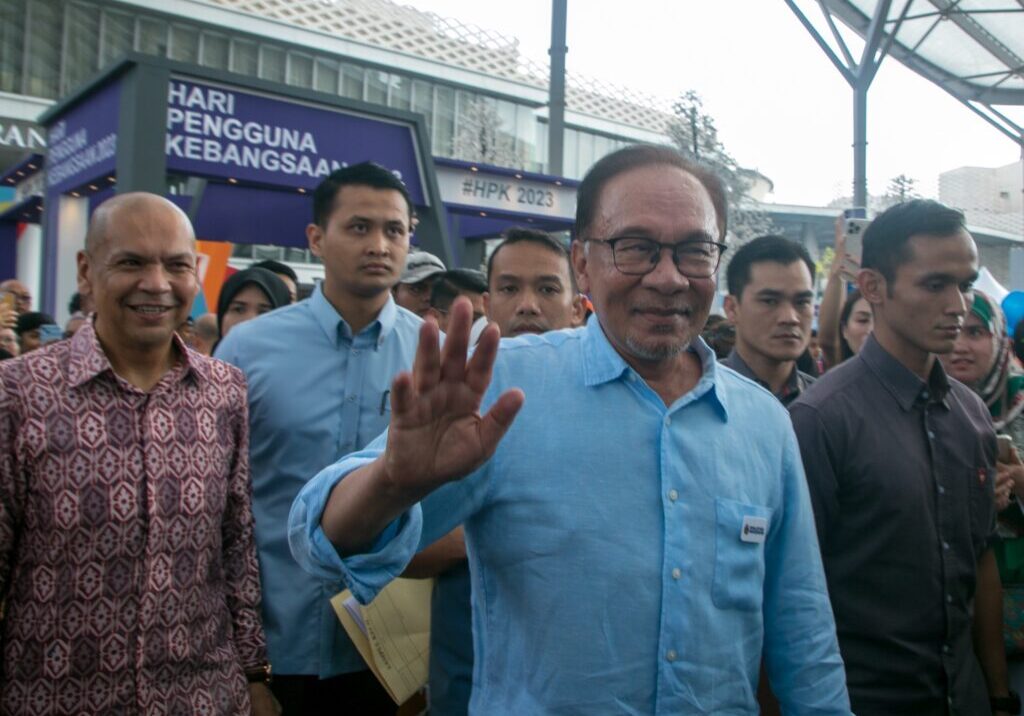Australia/Israel Review
Asia Watch: Looking East?
Mar 7, 2017 | Michael Shannon
Michael Shannon
Looking East?
The self-proclaimed “caliph” of the Islamic State, Abu Bakr al-Baghdadi, is worried about the future of his organisation in Syria and Iraq. Fearing the worst, al-Baghdadi is apparently searching for new territory and new recruits.
The Far East is certainly on his radar and one incubator might be the Autonomous Region in Muslim Mindanao in the Philippines, specifically Basilan and other islands of the Sulu Archipelago, notorious as the home turf of the Abu Sayyaf Group. The hardline jihadist group has a record of terrorist attacks, kidnappings and beheadings dating back to the early 1990s, as well as a consistent lack of interest in any kind of negotiated settlement with the government, the likes of which have tempted larger Muslim militias.
The group’s current leader, 51-year-old Isnilon Hapilon, pledged his allegiance to al-Baghdadi back in 2014. He now goes by the name “Abu Abdullah al-Filipini”, although he has yet to declare an official province, or vilayet, on the island of Mindanao. Defence Minister Delfin Lorenzana has cited foreign intelligence reports that Hapilon is receiving instructions from Islamic State to expand in the Philippines.
A handful of other Filipino separatist militias have also sworn allegiance to ISIS, including Katibet Ansar al-Sharia, Market al-Ansar and Ansar al-Khalifa, although most are amateurish sub-groups. The only real ISIS vehicle in the Philippines, apart from Abu Sayyaf, is the Bangsamoro Islamic Freedom Fighters (BIFF), a militant offshoot of the Moro Islamic Liberation Front.
If Abu Bakr al-Baghdadi were to head east, he might well galvanise such groups. What they lack is a unifying spiritual leader, and they are divided by petty rivalries and a lack of funds, forcing them to rob, loot, and kidnap to make a living.
In a typical instance on February 19, gunmen killed one crewman from a Vietnamese boat and abducted seven in what appeared to be the latest attack by pirates in the area, close to the Abu Sayyaf stronghold.
Before the latest attack, the Abu Sayyaf was holding 27 hostages, according to a tally of reports about kidnappings and a few releases. The captives are Indonesian, Malaysian and Vietnamese seamen, as well as Filipinos, a Dutchman, a German and a Japanese national. [The German captive has since been beheaded.]
With decades of experience, Abu Sayyaf has profited handsomely from piracy and its kidnap for ransom racket. Well-armed and equipped with fast boats and high-tech navigation devices, its activities are an intractable problem for the Philippine military, despite major troop deployments in the area. President Rodrigo Duterte has even asked China for help by sending ships to patrol the dangerous waters.
President Duterte has said he could no longer contain the extremist “contamination” and urged the two largest Muslim separatist rebel groups – the Moro Islamic Liberation Front and the Moro National Liberation Front – to deny sanctuary to militants with links to Islamic State, warning a war would ensue that would put civilians in danger.
On to Round 2
Jakarta’s gubernatorial race is not just an important mid-term read on the nation’s mood under President Joko Widodo ahead of 2019 national elections, but the real battle is along religious lines, with a popular and effective Governor from a religious and ethnic minority being pursued with charges of blasphemy against Islam. Some are calling it a battle for the country’s soul.
The February 15 election saw ethnic-Chinese Christian governor Basuki Purnama (universally known as “Ahok”) narrowly edge former education minister Anies Baswedan, with 43% and 39% of the vote respectively, while Agus Haritmurti Yudhoyono trailed with 17% after he faded badly in the final stretch.
Supporters of former army major Agus, the 38-year old son of former president Susilo Bambang Yudhoyono who stood on the Democratic party ticket, are now the hottest political commodities in the capital.
Observers say that Muslim supporters of Agus, who courted Islamic political parties such as the National Awakening (PKB) and United Development (PPP) parties, and even the radical Islamic Defenders’ Front (FPI), will probably back Anies, because of his ties to the PKS, known as an ultra-conservative Muslim party, with little tolerance for Indonesia’s pluralism.
As ever in Javanese politics, dealings behind the scenes will be crucial. Anies is standing under the banner of the Gerindra party and is a protégé of Prabowo Subianto, who does not have a warm relationship with fellow former general Yudhoyono and regarded his son’s candidacy as an affront.
This could help Ahok, except that as a candidate sponsored by Indonesian Democratic Party-Struggle (PDI-P) his patron is former president Megawati Sukarnoputri, who has a long history of antagonism with her one-time defence minister Yudhoyono.
Somewhat overlooked in the discussion is the simple question of which candidate will better serve the teeming metropolis of Jakarta. In this area at least, the incumbent Ahok has the advantage.






